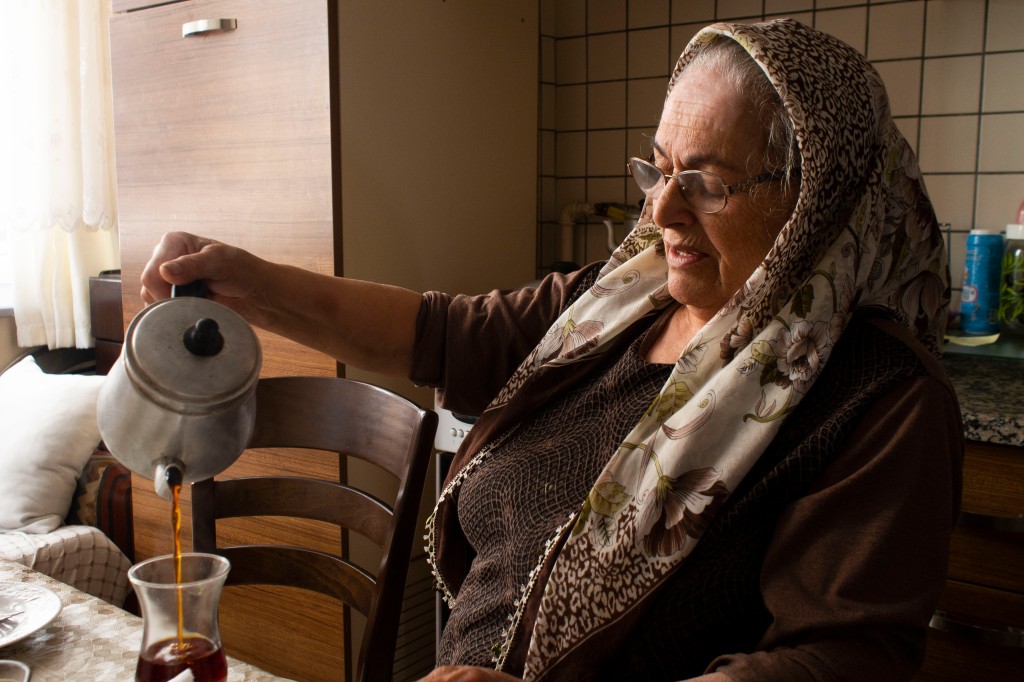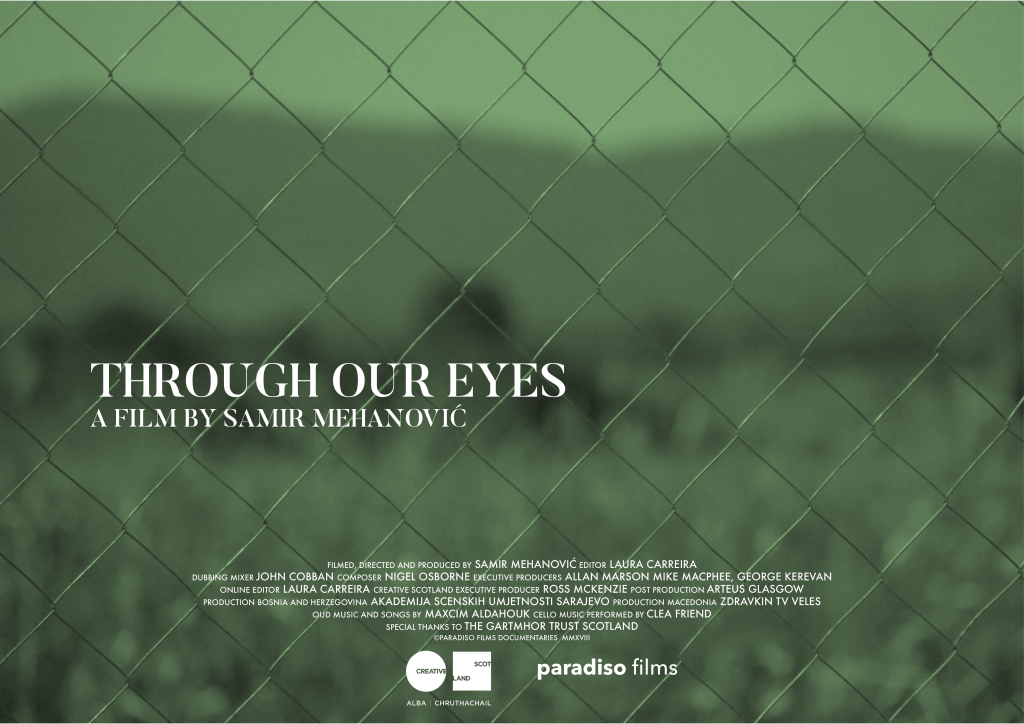Sarah Craig is a lecturer in law and has recently joined GRAMNet as co-convener. In the past, Sarah has conducted research funded by the Scottish Executive and the Nuffield Foundation. She recently acted as a UK National Project Officer in a United Nations High Commissioner for Refugees project.
In Spring 2013, two events explored human rights in Scotland in the context of the independence referendum. Both events were organised collaboratively by the Scottish Constitutional Futures Forum, Human Rights Consortium Scotland, Glasgow Human Rights Network and GRAMnet, with the first taking place in the Scottish Parliament on 18 March and the second in Glasgow’s City Chambers on 1 May. At each, speakers and participants were invited to consider the place of human rights in discussions about Scotland’s constitutional future.
The civil and political rights contained in the European Convention on Human Rights, as set out in the Scotland Act and the Human Rights Act, and as they work alongside other mechanisms, such as the directly applicable provisions of the European Union’s Charter of Fundamental Rights, provided the starting point for discussions about current and future directions in human rights. Such a journey promises much, since it allows us to imagine a more just and equal Scotland, whatever the referendum outcome.
Moving beyond the legal framework, the challenge at both events was to think about what that journey might involve, and where it should go next. Health and welfare cuts have implications for rights in people’s daily lives, and the Scottish Human Rights Commission and the Equality and Human Rights Commission described their work in broadening the impact of human rights in these areas. Still, the extent to which human rights assist people in their daily struggles is limited, as the Poverty Alliance and Scotland’s Commissioner for Children and Young People explained.
Participants were realistic about the challenges involved in discussions on such a broad topic as human rights, and about the effect which negative stories in the media and in politics have on the ability of human rights discussions to travel in any meaningful direction. At the 18 March event, questions about the basis of human rights were asked. Could that basis be found in human dignity, at the point where compassion drives one person to intervene to protect the basic human dignity of another? And as the human rights journey is planned, are the paths taken by others worth exploring? Professor Chris McCruddenoutlined the lessons that could be learned from Northern Ireland’s experience, where deeply divided communities had been able to acknowledge each others’ human rights, and this had had a stabilising effect. At the 1 May event, discussions again turned to Northern Ireland, this time in the migration context, as an example of how a “soft” economic border had developed for workers and for travel and communication between North and South. MSP’s representing the major parties at Holyrood struck an open and inclusive note in their discussions about migration and their statements provided a welcome contrast to the Westminster rhetoric which, as shown in the Queen’s speech the other week, bears down ever more harshly on migrants.
But this was an audience which had heard promises before. And for now at least, the politicians were not giving specific undertakings. Many participants considered that Scotland’s ability, or willingness, to take a different direction of travel in migration and asylum policy would be constrained. Nonetheless, the opportunity is there to mark out a more inclusive path, and it has been taken by some – for example, the Scottish Refugee Council’s paper “Improving the lives of refugees in Scotland after the Referendum”, sets out an appraisal of the options, as does the STUC’s “A Just Scotland”.
The referendum creates an opportunity to consider the future in different ways, and for migrants, refugees and for those who work with and for them, such as GRAMNet members and partners, it offers a chance to move towards a more inclusive Scotland.



Leave a comment